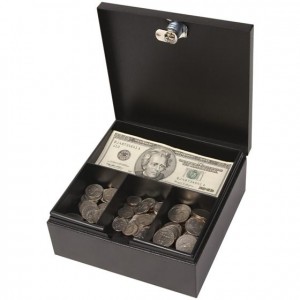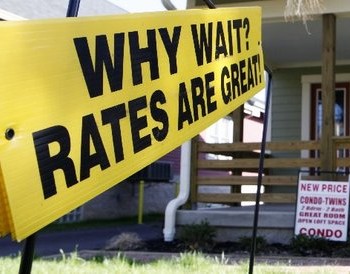 An emergency cash reserve can help insulate you from the uncertainties in your financial life. From the loss of a job to unexpected medical expenses, there is no shortage of financial hardships that people encounter over time. For many, these unforeseen financial challenges can result in an additional challenge — debt.
An emergency cash reserve can help insulate you from the uncertainties in your financial life. From the loss of a job to unexpected medical expenses, there is no shortage of financial hardships that people encounter over time. For many, these unforeseen financial challenges can result in an additional challenge — debt.
The single best strategy for combating debt is to prevent it in the first place. A solid cash reserve can help ensure that these unplanned expenses do not derail you from the achievement of your long-term financial goals.
While most people agree that cash reserves are critical, few are sure how much they should have and where to invest it. More often than not, financial experts suggest three to six months’ worth of liquid cash reserves. However, savers may want to avoid this cookie-cutter approach to a cash reserve strategy. Remember, everyone’s circumstances are different, and the size of the optimal reserve needed will be different, too. Generally, the more uncertainty in your financial life, the more risk you have and the larger the reserve you may want to consider. Households that rely on one income, large families, those with insufficient health insurance coverage, and those working in trades with poor future job prospects are just a few examples of cases that may call for building relatively large reserves.
Assess your situation objectively, and if you determine that you fall into a high-risk category, consider setting your target cash reserve closer to nine to 12 months to provide a stronger safety net. Remember that many Americans have been unemployed for much longer periods of time. Emergency reserves are for just that — emergencies.
Once you have determined the ideal size for your rainy-day fund, discipline will be the key to accomplishing the goal. It is simply unrealistic to expect to save months of expenses overnight. In the same way that you will not accumulate a retirement nest egg instantly, cash reserves will take time to build, too. However, they should be among the first financial priorities savers have. Establish your budget and consider budgeting monthly for cash reserve savings like any other expense you pay. Before you know it, you will be closer than you thought possible to having the reserve and the peace of mind that comes with it.
WHERE TO INVEST
With interest rates near all-time lows, there are not as many compelling investment opportunities for your liquid cash reserves as there have been in past years. In fact, according to www.bankrate.com, the average savings or checking account is paying a paltry 0.56 percent interest.
That’s okay — a cash reserve is meant to be a boring investment. Sure, it would be great to earn more, but do not let these low rates force you to “stretch for yield” and take investment risk you can’t afford. Reserves should be liquid, contain no risk and maintain FDIC insurance coverage.
Savings, higher interest checking and CDs are all popular options, and shopping around online can help you uncover institutions offering higher rates. Consider visiting bankrate.com or local credit unions and banks to determine who offers the highest rates for checking and savings accounts as well as CDs.
Once you determine where you can obtain the best rates, consider a tiered investment approach.
The first tier will be for short term, immediate needs and cover one to two months of expenses. Interest-bearing checking and savings accounts may be a good option here.
The second tier should be designated for longer-term needs but may offer slightly higher rates. Online savings accounts that are FDIC-insured and link to your first-tier account, allowing easy movement between them, can be an attractive option. Companies like Ally Bank and ING Direct often offer competitive rates.
Finally, third-tier reserves are for longer-term needs. Laddered CDs, which have different maturity dates, can be a good option as they help provide liquidity and allow you to take advantage when rates eventually move higher.
The uncertainties of the economic times today may call for a more prudent approach to financial planning. Since cash reserves are an important cornerstone to any sound financial plan, consider developing a game plan to build and maintain your emergency fund. Since everyone’s situation is unique, consider speaking to your adviser to determine the most appropriate strategy for your needs.
Kurt J. Rossi, MBA, is a Certified Financial Planner Practitioner. He can be reached for questions at (732) 280-7550 & kurt.rossi@Independentwm.com. LPL Financial Member FINRA/SIPC.








